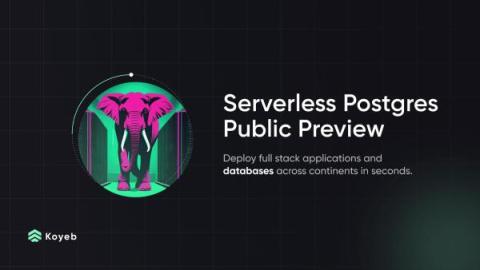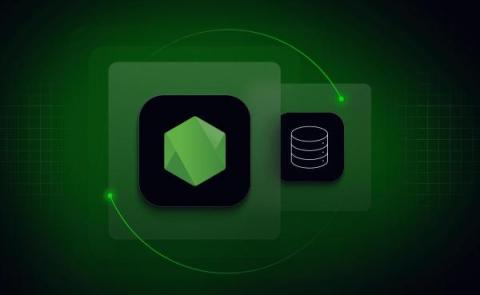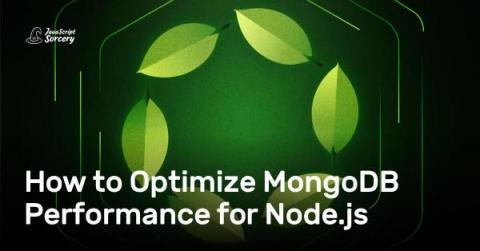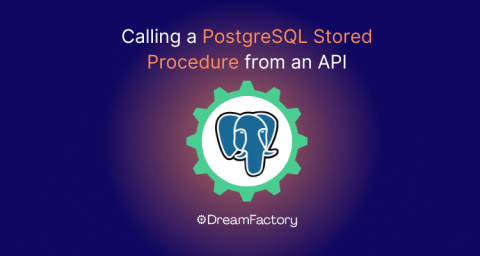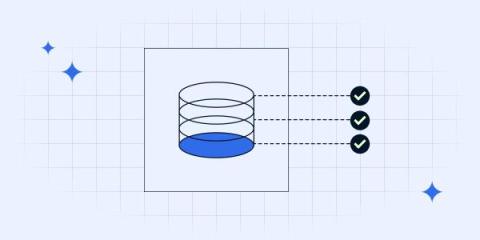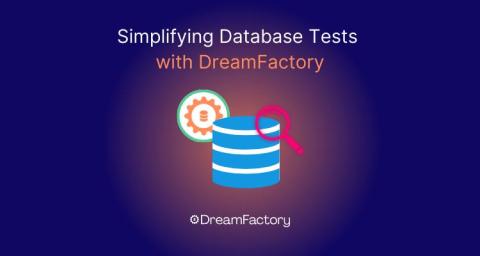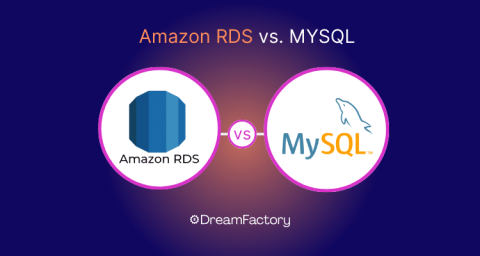Serverless Postgres Public Preview
We're excited to announce the Koyeb Serverless Postgres public preview - a fully managed, fault-tolerant, and scalable serverless Postgres Database Service. What do all modern applications have in common? They all have APIs, workers, and databases. Deploying APIs and workers with Koyeb has long been possible. Starting today, you can spin up databases too! Using Koyeb Serverless Postgres, you can easily start a resilient Database Service alongside your apps in a few seconds.


